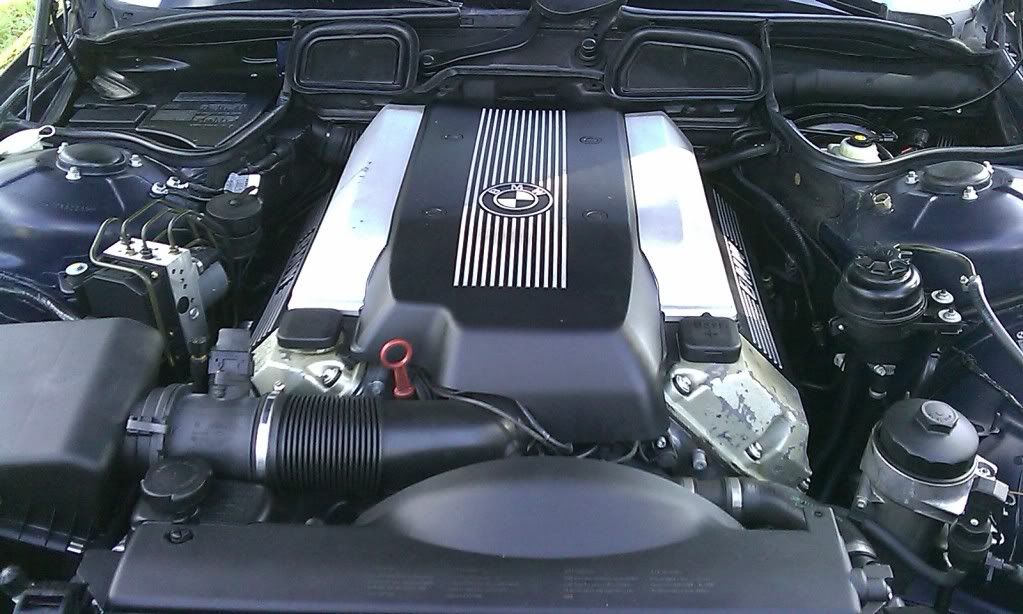Just that (1) it's expensive, (2) 100k miles without a spark plug change when I used to have to change them on earlier vehicles every 10k to 12k miles, and (3) yes, the other shops can do the job, but are not cheaper.
The labor rates at dealerships are trpically higher than private shops. the other stuff is unrelated to the topic.
I'll take your word for it. Last week, in 6 days (Monday through Saturday), I put 2,941 miles on the ecoboost 2014 Escape SE we recently bought, but it'll be going to the dealer from whom I bought it for any needed service. So far we sure like it, even though it didn't come very close to the 30 mpg highway rating. In fact, I averaged 25.33 mpg on that trip, but I was not trying to drive for gas mileage. Much of the trip was with 75 mph speed limits while the rest was 65 and 70 mph and I kept it up there, too.


